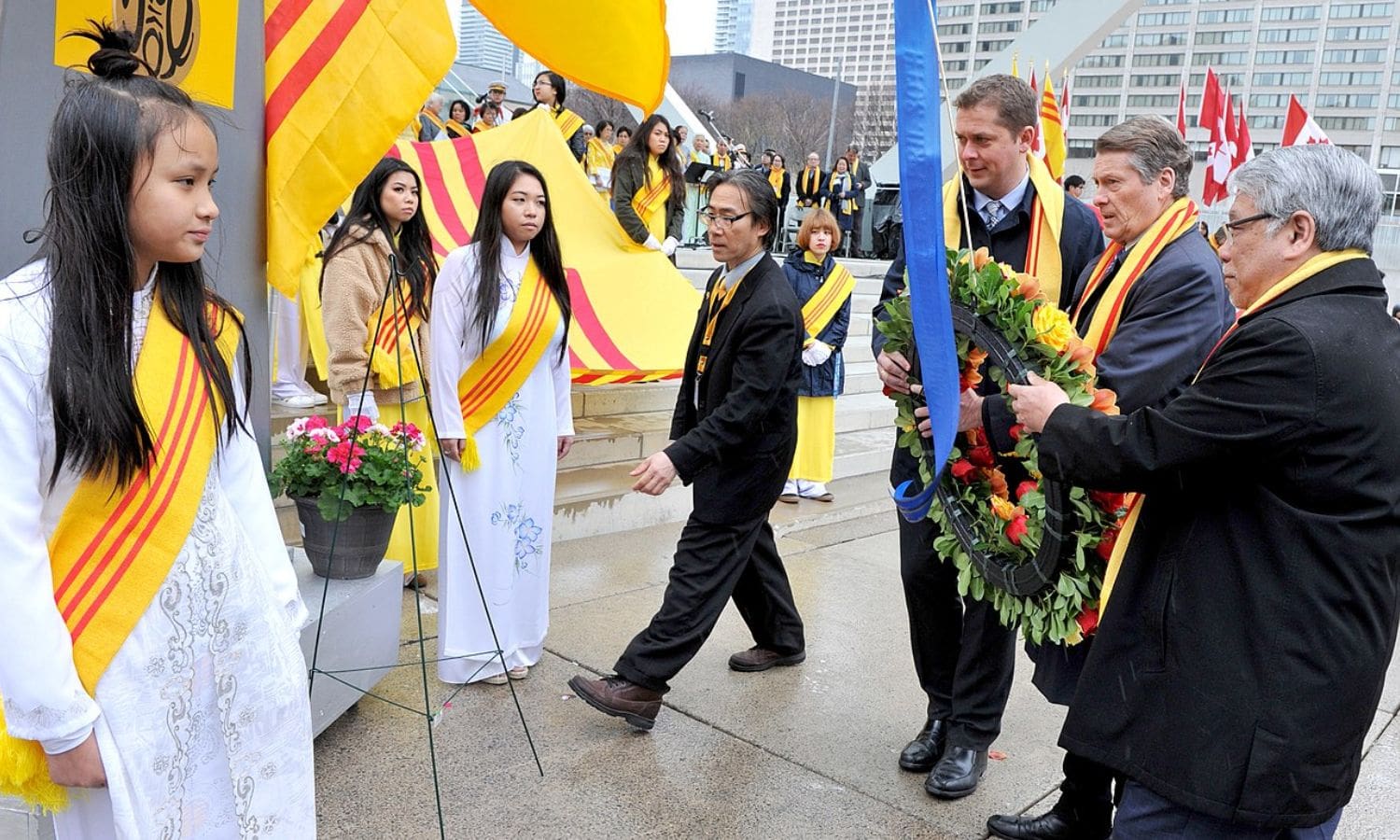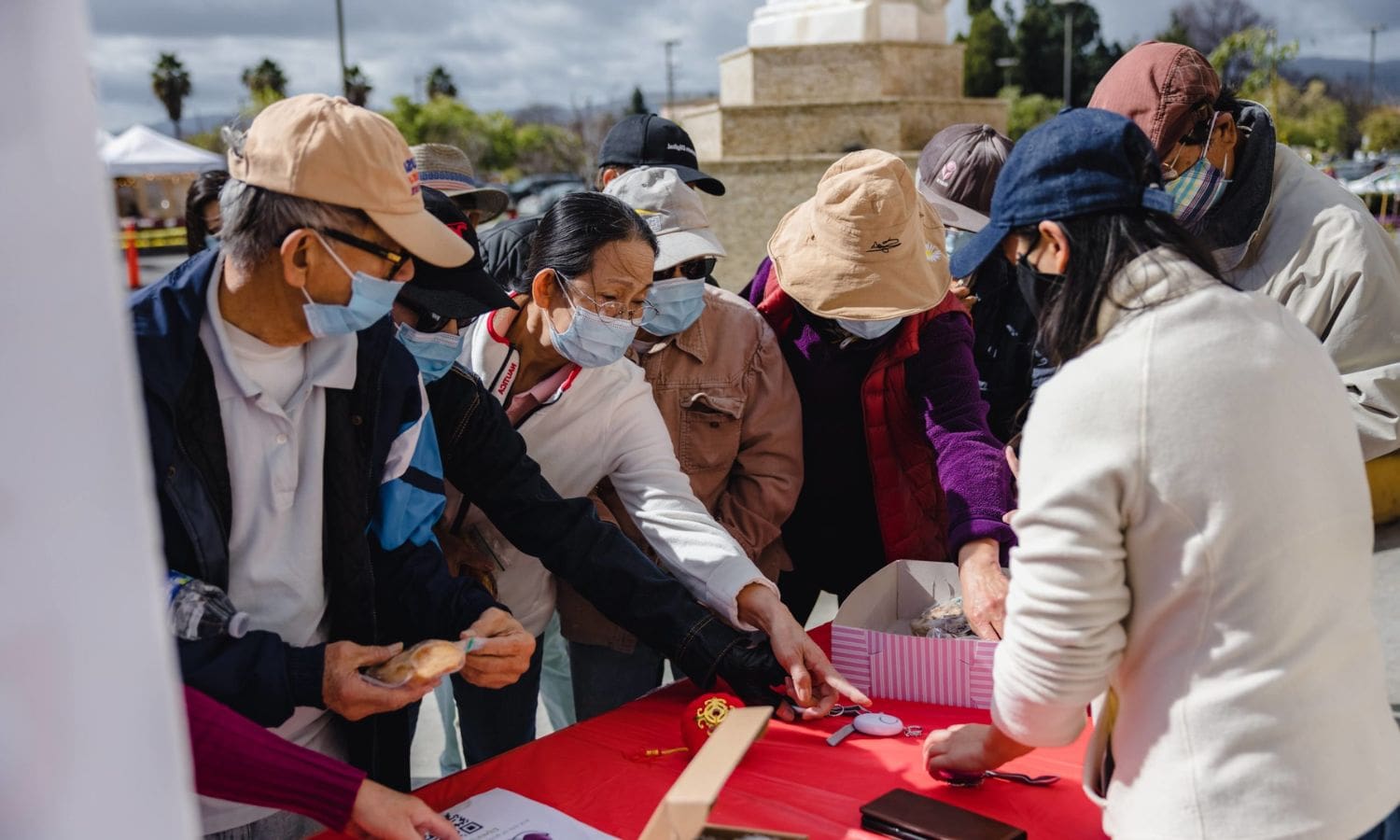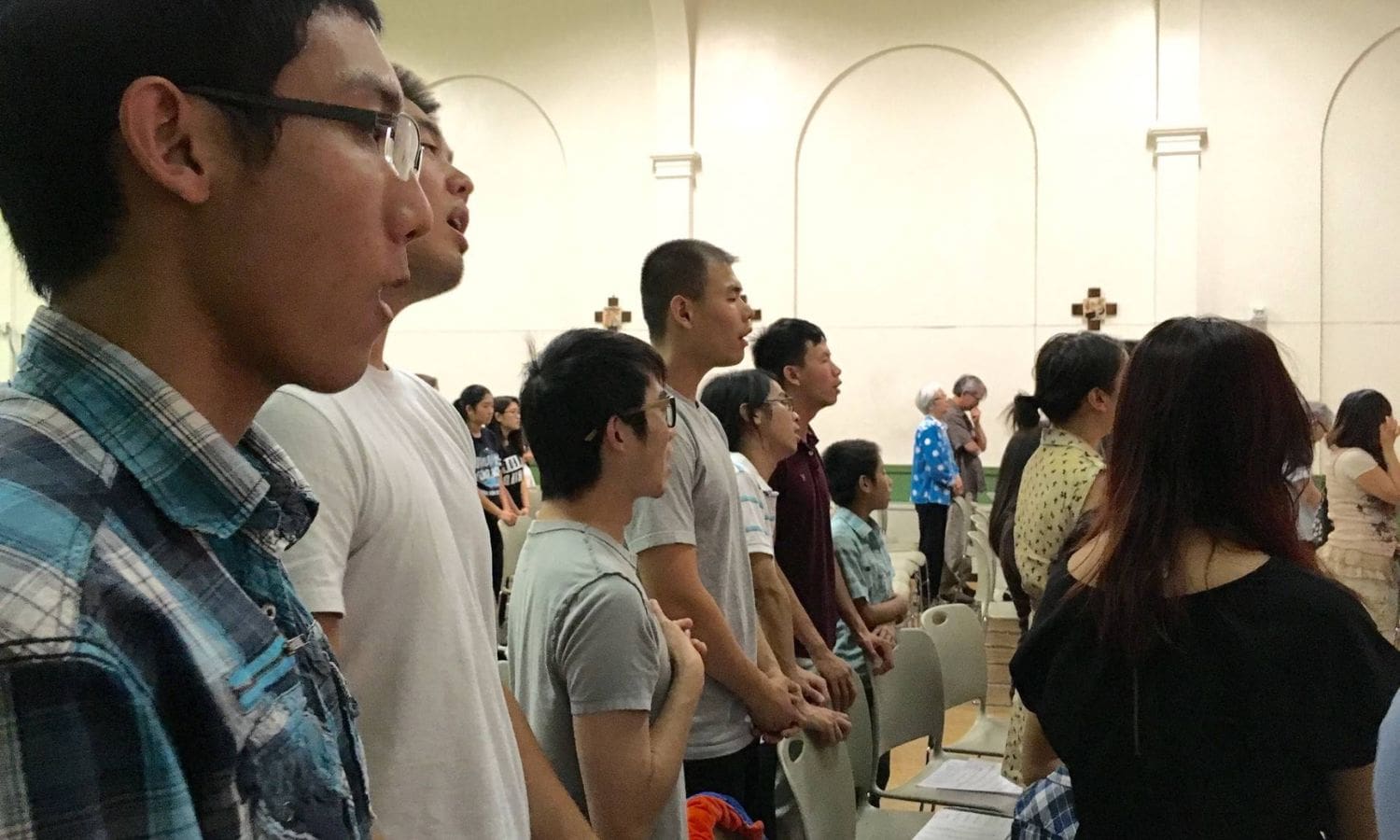Vietnamese Americans: The political representation of Vietnamese Americans in Silicon Valley, with a specific focus on the historic District 2 race in Little Saigon.
The frontrunners, Betty Duong and Madison Nguyen, face unique challenges within the Vietnamese community.
The pro-business versus pro-labor divide further complicates the political dynamics in this region.
The complex political history and current landscape, this article sheds light on the struggle for Vietnamese American representation in this influential tech hub.
Key Takeaways Of Vietnamese Americans
– The District 2 race in Little Saigon is a focal point within the Vietnamese American community and has the potential to elect the first Vietnamese American representative to the County Board of Supervisors.
– The candidates in the race, Betty Duong and Madison Nguyen, actively engage with the community and have significant support.
– Intergenerational differences, language barriers, and limited resources pose challenges within the Vietnamese community in Little Saigon.
– There is a noticeable pro-business vs. pro-labor divide within the Vietnamese American community in Silicon Valley, influencing political preferences.


Also Read: Demolition of Former Youth Center Triggered by San Jose Teacher Housing Project
Historic District 2 Race in Little Saigon
The Historic District 2 Race in Little Saigon has become a focal point within the larger context of Vietnamese Americans and political representation in Silicon Valley. This race marks a historic moment in the community as it has the potential to elect the first Vietnamese American representative to the County Board of Supervisors.
Little Saigon, a vibrant neighborhood known for its rich Vietnamese culture and heritage, has long desired greater political representation. The District 2 race has garnered significant attention and support from the community, highlighting the importance of engaging and empowering Vietnamese Americans in the political process.
The outcome of this race will not only shape the future of Little Saigon but also send a powerful message about the growing influence and impact of Vietnamese Americans in Silicon Valley.
Frontrunners: Betty Duong and Madison Nguyen
Two frontrunners in the District 2 race for political representation in Silicon Valley are Betty Duong and Madison Nguyen. Both candidates bring unique backgrounds and political experiences to the table, making this race an interesting one to watch.
Betty Duong, a former educator and community organizer, has been involved in various grassroots campaigns and has a deep understanding of the issues facing the Vietnamese American community.
Madison Nguyen, on the other hand, has a strong political background, having served as a San Jose City Councilmember and Vice Mayor. She has a track record of working on important issues such as affordable housing and economic development.
Both candidates have been actively engaging with the community, attending town hall meetings and addressing concerns raised by residents.
It will be intriguing to see how their campaigns unfold and what kind of impact they will have on the future political representation of the Vietnamese American community in Silicon Valley.


Challenges within Little Saigon’s Vietnamese Community
Continuing the examination of struggles faced by Vietnamese Americans in Little Saigon, this subtopic explores the challenges within the Vietnamese community.
One significant challenge is the intergenerational differences that exist within the community. Older generations, who have experienced the trauma of war and displacement, often hold onto traditional values and attitudes, while younger generations, born and raised in the United States, may have different perspectives and priorities. This generational divide can lead to misunderstandings and conflicts, making it difficult to establish a unified voice.
Another challenge is the language barrier. Many older Vietnamese Americans are not fluent in English, which can hinder their ability to fully engage in the political process and effectively advocate for their community.
Additionally, limited access to resources and educational opportunities can further exacerbate these challenges. Addressing these issues and promoting dialogue and understanding within the Vietnamese community is crucial for achieving political representation and empowerment.
Pro-Business vs. Pro-Labor Divide
Within the Vietnamese American community in Silicon Valley, there is a noticeable divide between those who align with pro-business perspectives and those who lean towards pro-labor stances. This division reflects differing views on the role of government in the economy and the importance of protecting workers’ rights. Pro-business individuals tend to prioritize economic growth, lower taxes, and reduced government regulation, believing that these policies will stimulate entrepreneurship and create job opportunities.
On the other hand, pro-labor individuals advocate for fair wages, workplace protections, and policies that address income inequality. They believe that the government should play a more active role in ensuring workers’ rights and well-being. The following table highlights the key differences between these two perspectives.
This ideological divide influences political preferences within the Vietnamese American community, with some supporting candidates who prioritize business interests and others favoring those who champion labor rights.
Complex Political History and Current Dynamics
The intricate political history and current dynamics of the Vietnamese American community in Silicon Valley shed light on the complex landscape of political representation in the region.
The community’s political journey has been marked by controversies and divisions, particularly in the context of Little Saigon. These divisions have often revolved around different ideological and political orientations, including pro-business and pro-labor stances.
Moreover, the current dynamics shaping the District 2 race highlight the ongoing complexities. The Vietnamese American community in Silicon Valley is diverse and multifaceted, with varying perspectives and priorities. This diversity is reflected in the political landscape, where candidates must navigate a range of issues and concerns to gain support.
Understanding the historical and current dynamics is crucial for grasping the challenges and opportunities in achieving effective political representation for Vietnamese Americans in Silicon Valley.


Conclusion Of Vietnamese Americans
The political representation of Vietnamese Americans in Silicon Valley faces various challenges and complexities.
The Historic District 2 race in Little Saigon highlighted the presence of frontrunners Betty Duong and Madison Nguyen. However, the Vietnamese community in Little Saigon faces internal divisions and struggles with the pro-business versus pro-labor divide.
Additionally, the area has a complex political history that further impacts the current dynamics of representation.
As Vietnamese Americans continue to navigate these challenges, the path to political representation in Silicon Valley remains intricate and multifaceted.
Q1. Why is there so many Vietnamese people in San Jose?
A. Amidst a backdrop of persecution and reeducation camps, a wave of refugees has sought sanctuary in the United States, making their arrival through Camp Pendleton in Southern California. In an attempt to facilitate the resettlement of these refugees, the federal government directed efforts to place them in various towns across the nation. However, distinct enclaves began to emerge, particularly in warm-weather regions such as Los Angeles, Houston, New Orleans, and San Jose.
Q2. Which US city has largest Vietnamese population?
A. Approximately 41 percent of the Vietnamese immigrant population has established residence in five major metropolitan areas. These areas, listed in descending order of concentration, include Los Angeles, San Jose, Houston, San Francisco, and Dallas-Fort Worth.

